
Mr. Dang Van Than accompanied General Vo Nguyen Giap to visit the Telex Eltex V alpha Switchboard System of Hanoi Post Office (December 1989). Photo: Document.
Go straight to the cutting edge
In 1986, the Vietnamese telecommunications industry faced a harsh choice of survival: Continue using Analog technology or go straight to digital technology when up to 98% of the world's fixed telephone networks were using Analog technology.
To have new technology, foreign currency is needed. Meanwhile, the country had just emerged from the war, had been under embargo for 10 years, and its economy was extremely difficult. The Analog network in Vietnam at that time was still quite modern compared to other socialist countries. "Sharing hands with capitalists" to get foreign currency was a very sensitive matter.
At a time when the country had almost no foreign capital, eliminating the old network, also with the help of "strong" socialist countries such as the German Democratic Republic and Hungary, to buy new equipment from capitalist countries was truly a "heaven-shattering" thing.
Persuading superiors, subordinates, internal and external parties to agree seems impossible. However, with a dynamic, creative, daring to think and act spirit, General Director Dang Van Than, together with the Postal sector, did not choose easy or safe tasks but courageously chose a strategic, breakthrough step, breaking the embargo and bringing the most modern technology to Vietnam.
History has proven that Mr. Dang Van Than's viewpoint and vision were correct and created the first revolution and innovation in the Postal industry.
The correctness and achievements of this historic decision have been recognized and highly appreciated by the Party and the State with many noble awards. In particular, the Post Office is the first technical economic sector to be awarded the Gold Star Medal for its achievements as a pioneering sector, leading the way in innovation with remarkable advances in technology, services and significant contributions to the socio-economic development, construction and protection of the Socialist Republic of Vietnam.
Director General Dang Van Than was personally awarded the title of Hero of Labor in the Renovation Period. The rapid development of Vietnam Post in the years 1990-2000, 4 times the average of the Asian region and nearly 10 times the world average, was also recognized by the International Telecommunication Union.
Choose international telecommunications as a breakthrough
Foreign currency is needed to develop the industry while the country is still very poor and is under embargo. Not only that, there are no conditions for bank guarantees to borrow international capital, and there is no collateral. Besides, we have to consider how to prevent future generations from being in debt... This is a seemingly insurmountable challenge!
With the spirit of self-reliance, self-reliance, not relying on or waiting for superiors or waiting for investment from the State, Mr. Dang Van Than and the collective leadership of the Postal sector discussed and decided on the main solutions that needed to be implemented.

Director General Dang Van Than inspects the operation of the new Digital Switchboard system put into operation on the occasion of the 40th anniversary of the Dien Bien Phu Victory (1994). Photo: Document
First, don't ask for money but ask for a mechanism! Boldly ask the State to allow you to operate under a self-borrowing, self-repaying mechanism with State sponsorship.
Second, boldly integrate internationally, seek foreign partners, strong Post and Telecommunications corporations with capital and high technology potential for cooperation, take international telecommunications as a breakthrough to attract foreign capital to serve domestic development investment according to the motto "take the outside to nurture the inside".
Under the leadership of the Party and the drastic direction of General Director Dang Van Than, the Postal sector has courageously integrated into the international community, applied for the first time the self-borrowing and self-repaying mechanism to create development capital; has been sensitive and timely in applying the method of collecting call charges from overseas recipients to increase foreign currency sources; proposed a number of mechanisms to quickly create capital from foreign loans guaranteed by the State and paid by the Postal sector itself.
The most notable result was the Business Cooperation Contract (BCC) between the General Department of Posts and Telstra (Australia) in 1988, a form of foreign investment never before applied in Vietnam. Then, in 1995, the Vietnam Posts and Telecommunications Corporation also signed a business cooperation contract with Comvik (Sweden) to build the current MobiFone network. The total foreign investment capital that the industry mobilized was nearly 250 million USD in the first phase.
Thanks to breakthrough policy mechanisms, the Postal sector has had the resources to modernize its nationwide network, provide multiple services, advanced management and build strong telecommunications enterprises as it is today. The lesson from the first innovation of the Postal sector is that resources come from thinking and institutions.

Director General Dang Van Than signed a joint venture contract for digital microwave production between the General Department of Posts and Telecommunications and AWA (Australia), marking the digitalization of Vietnam's transmission system (1989). Photo: Document.
Take advantage of opportunities and advantages of latecomers to develop breakthroughs
The first telecommunications innovation was more than 35 years ago, converting telecommunications equipment and infrastructure from the old, outdated Analog generation to the digital generation. The first innovation built a modern Vietnamese telecommunications infrastructure, solving the problem of information and communication for the entire population. The soul and leading nucleus of the first innovation was General Director Dang Van Than - Former member of the Party Central Committee, former National Assembly Delegate, Hero of Labor in the innovation period. People in the industry affectionately call him Mr. Ba Than, Uncle Ba Than.
The second telecommunications innovation is the transformation of telecommunications infrastructure into digital infrastructure - the infrastructure of the digital economy. This second innovation can be considered the largest-scale transformation, changing the nature of the telecommunications industry, opening up a huge new space for the telecommunications industry, much larger than the information and communication space. The significance of the telecommunications industry for the socio-economic development of the country is therefore much greater.
The opportunities are also much larger. The market is also much larger. The responsibility is also much larger. The telecommunications industry takes on a new mission: Building modern digital infrastructure, including telecommunications infrastructure and data infrastructure, super-large capacity, super-broadband, universal, sustainable, green, open, smart and secure.
Inheriting and promoting the spirit of innovation from 30 years ago, the IT&T industry is innovating for the second time with the motto "Infrastructure must go first and go fast, go straight to modern technology, be in the leading group of the world, master technology" to promote national digital transformation, thereby having the opportunity to realize the dream of a strong and prosperous Vietnam in 2045. In which, infrastructure must be digital infrastructure with digital platform as a new element, playing a breakthrough role, to carry out comprehensive and rapid digital transformation for the whole population as the digitalization 30 years ago contributed to the popularization of telephones.
The next 10 and 20 years will be important shifts: From telecommunications infrastructure to digital infrastructure; from information technology to digital technology; from applying information technology to digital transformation; from processing limited information to processing unlimited digital data to create new values; from individual software to digital platforms; from processing and assembling to Make in Vietnam; from the domestic market to the international market; from journalism to digital media; digital technology becomes the basic productive force, digital talent becomes the basic resource, digital innovation becomes the basic driving force for development.
The work is new, the challenges are new, but the way we create these changes is not new. It must still be the spirit, ethics and style of Uncle Ba Than: "dare to commit", "dare to think", "dare to do", "dare to innovate", "dare to take responsibility".
Resources for development are an eternal issue for all industries. The lesson from the first innovation of the Postal sector is that resources come from thinking and institutions. Thinking here is a new way of doing things, a new method. The new mechanism here is new regulations, breakthrough experiments that are now called sandboxes, to allow the implementation of things that are difficult to accept, not widely accepted, in a controlled manner, thereby unlocking resources, guiding resources and bringing into life innovations and creativity to change the country.
The lessons from the first innovation of the generation of General Director Dang Van Than will still be valuable for the second. That is, infrastructure must go first and go fast, go straight to modern technology, be in the top group of the world, master technology, make wise and far-sighted decisions, mobilize all resources, manage decisively and through this challenge, form a generation of good cadres for the industry and for the country.
Mr. Dang Van Than, born on November 6, 1932 in Phuoc Long commune, Giong Trom district, Ben Tre province.
In 1966, after graduating from university in the former Soviet Union and returning to Vietnam, he worked at the Institute of Postal Science and Technology under the General Department of Posts. After the war against the US ended in victory and the country was unified, he was sent back to the South to work as Director of Telecommunication Center II.
In 1984, he was transferred to Hanoi and held the important position of Acting Director, then Director General of the General Department of Posts in 1986, Secretary of the Party Committee of the General Department of Posts, Alternate member of the Central Executive Committee of the 6th Party Congress, member of the Central Executive Committee of the 7th Party Congress.
He died in May 2023 in Ho Chi Minh City, at the age of 91.
Source





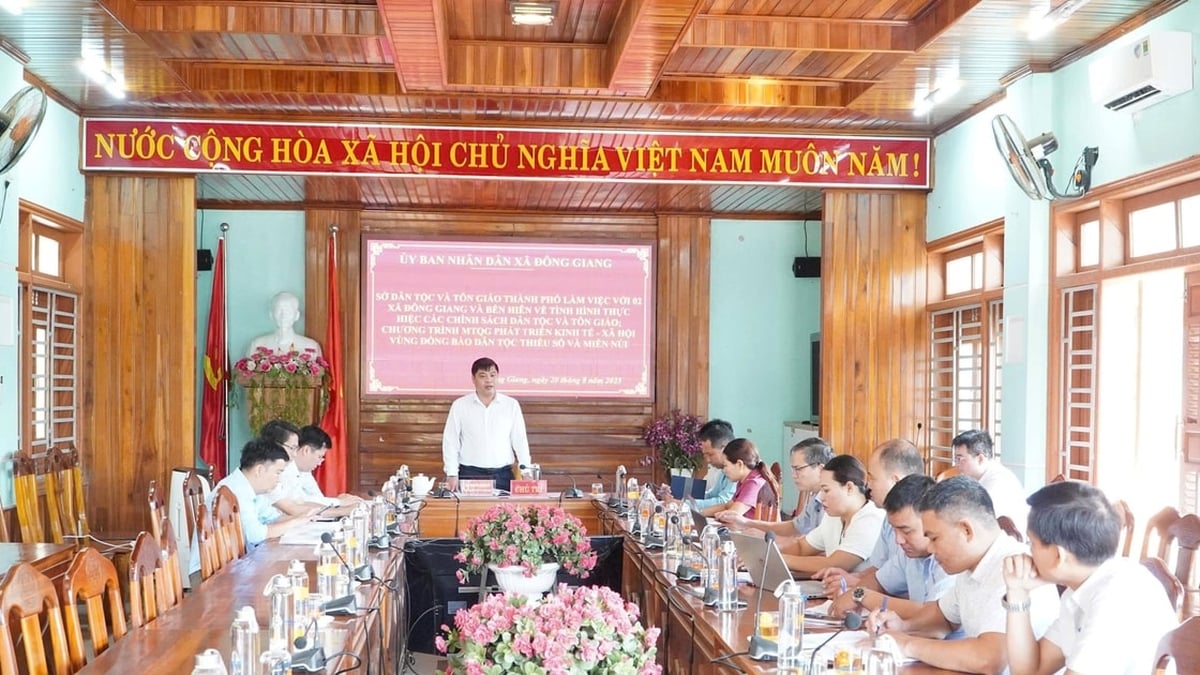
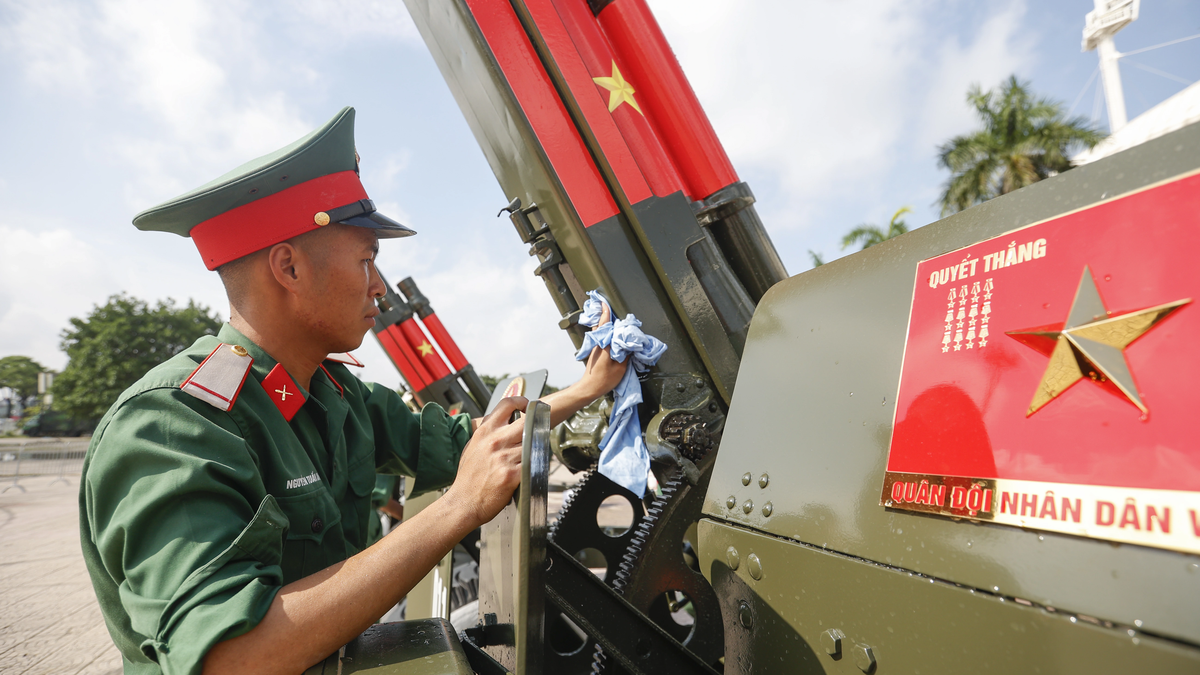

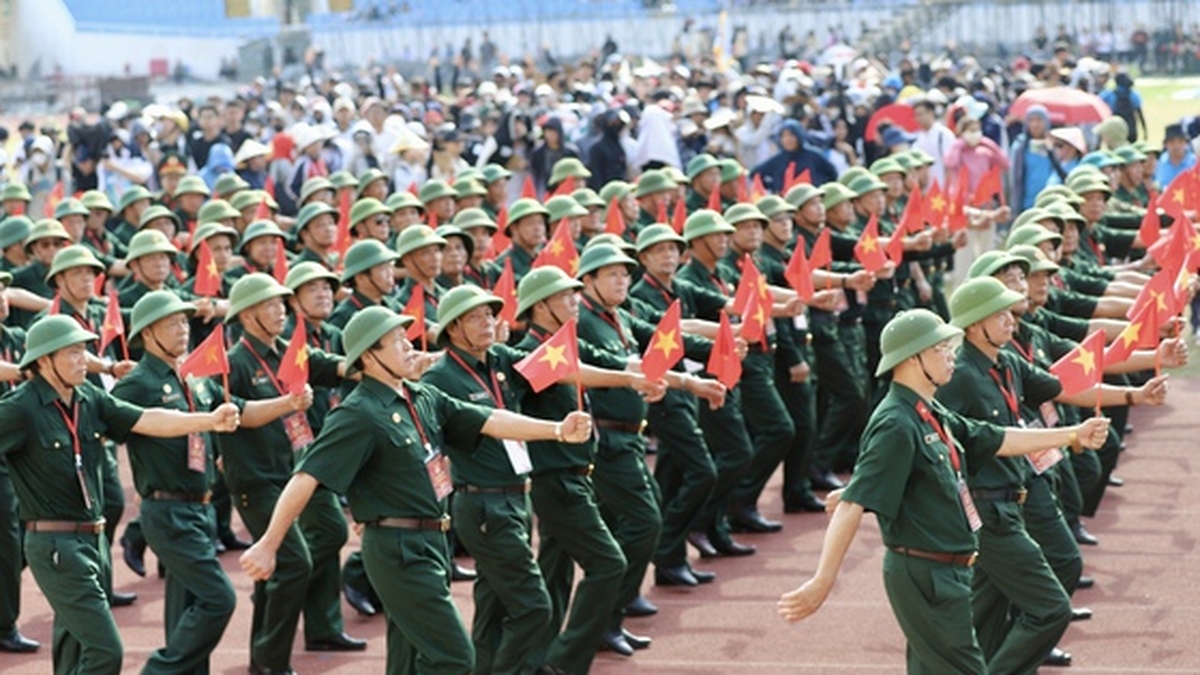
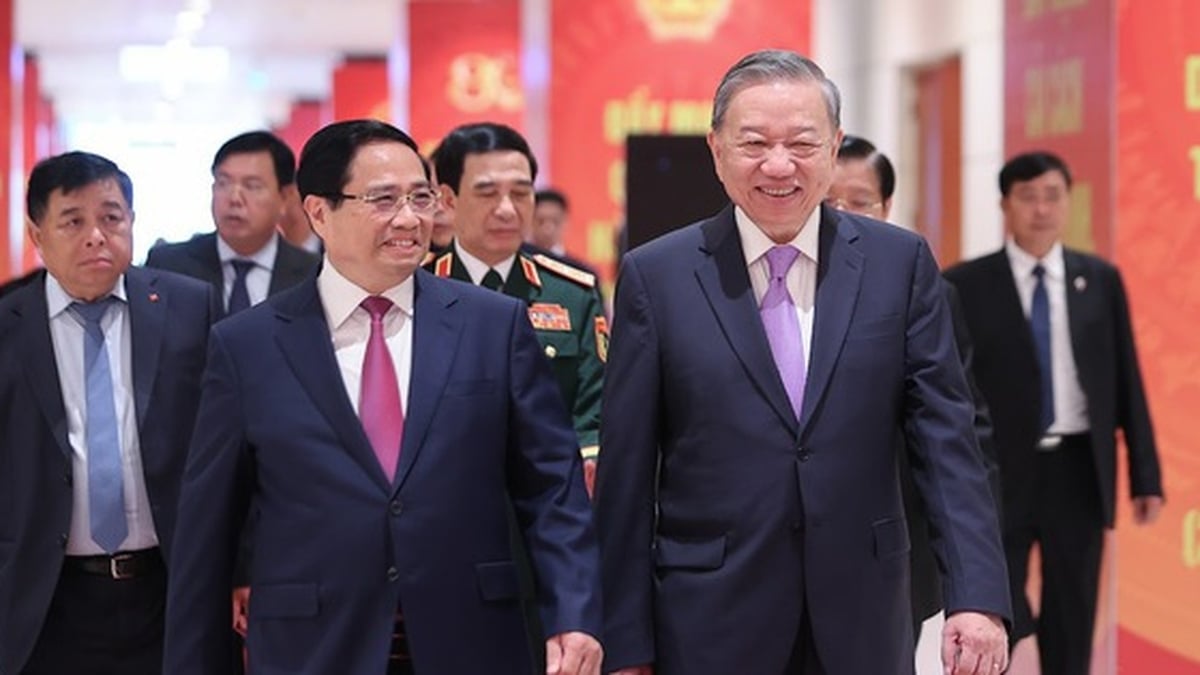
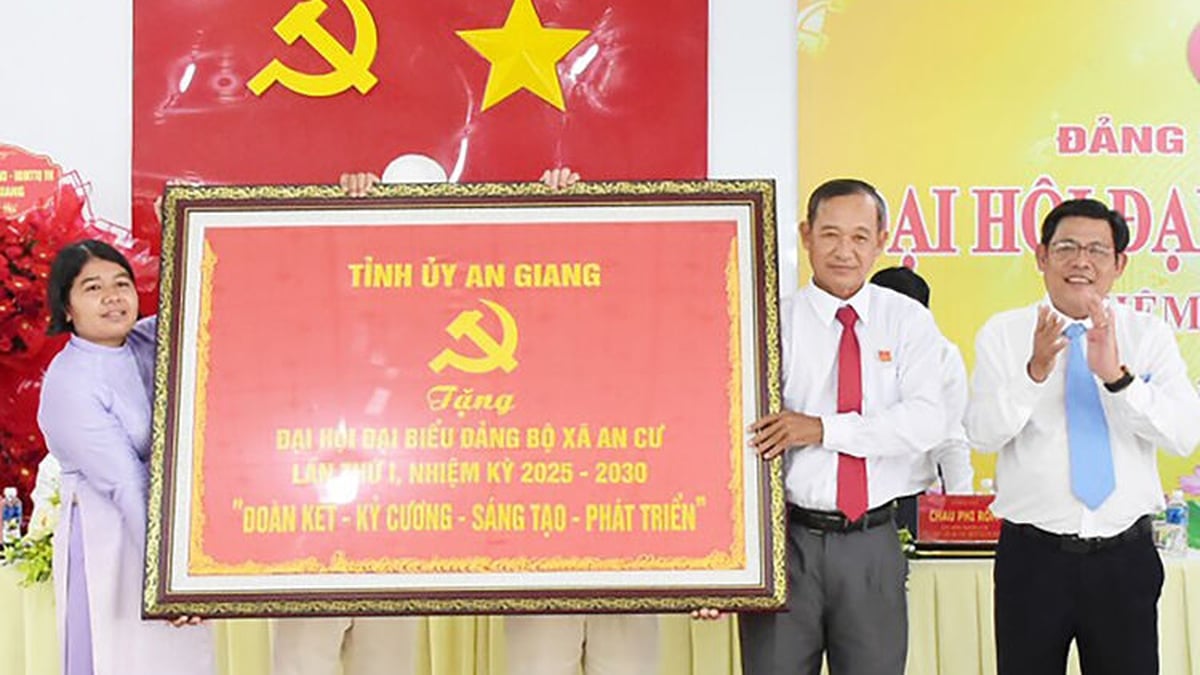
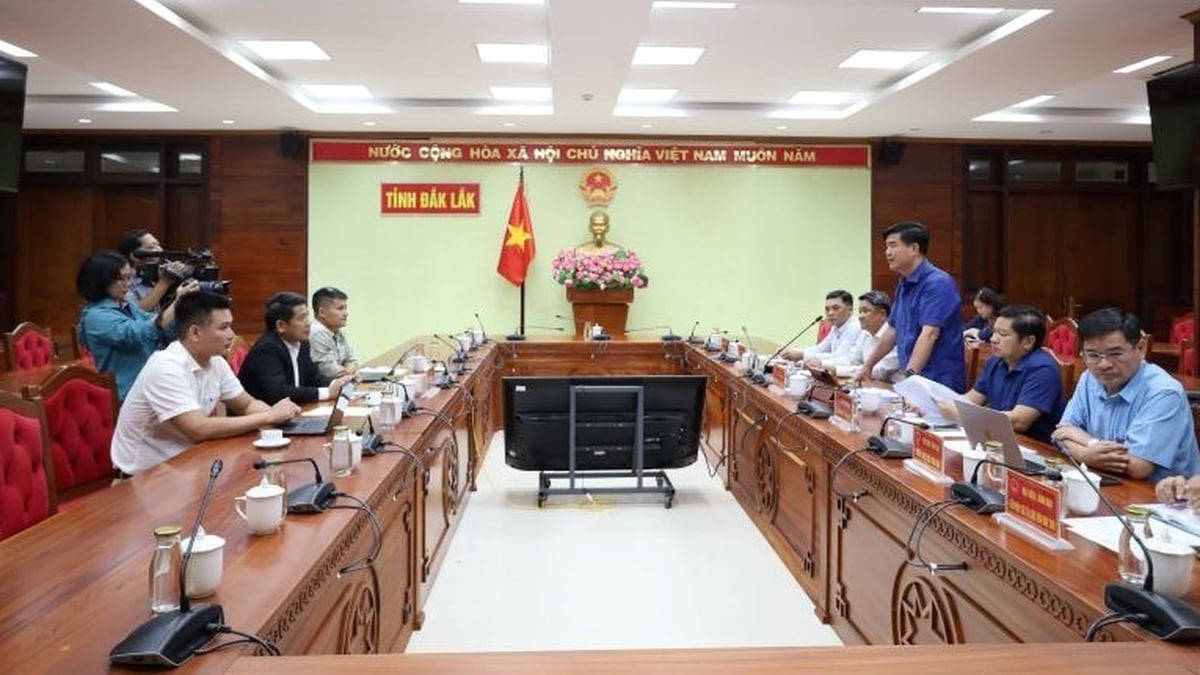
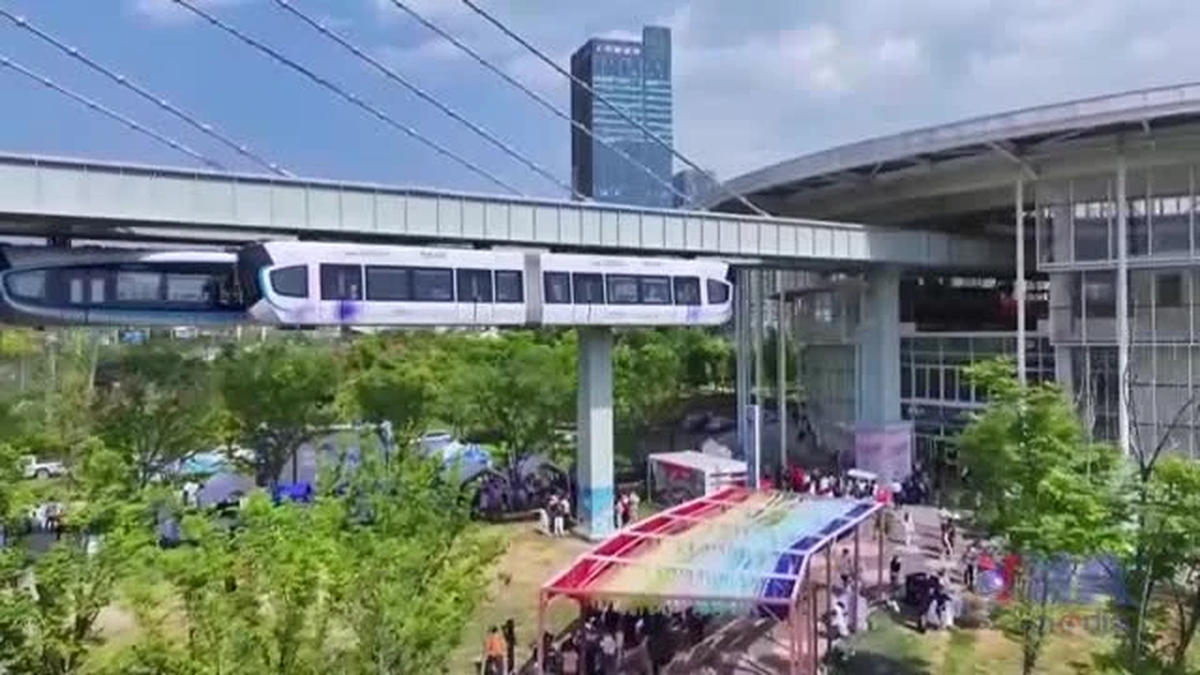










![[Photo] General Secretary and Prime Minister visit the National Exhibition and Fair Center](https://vphoto.vietnam.vn/thumb/1200x675/vietnam/resource/IMAGE/2025/8/19/f4503ad032d24a90beb39eb71c2a583f)
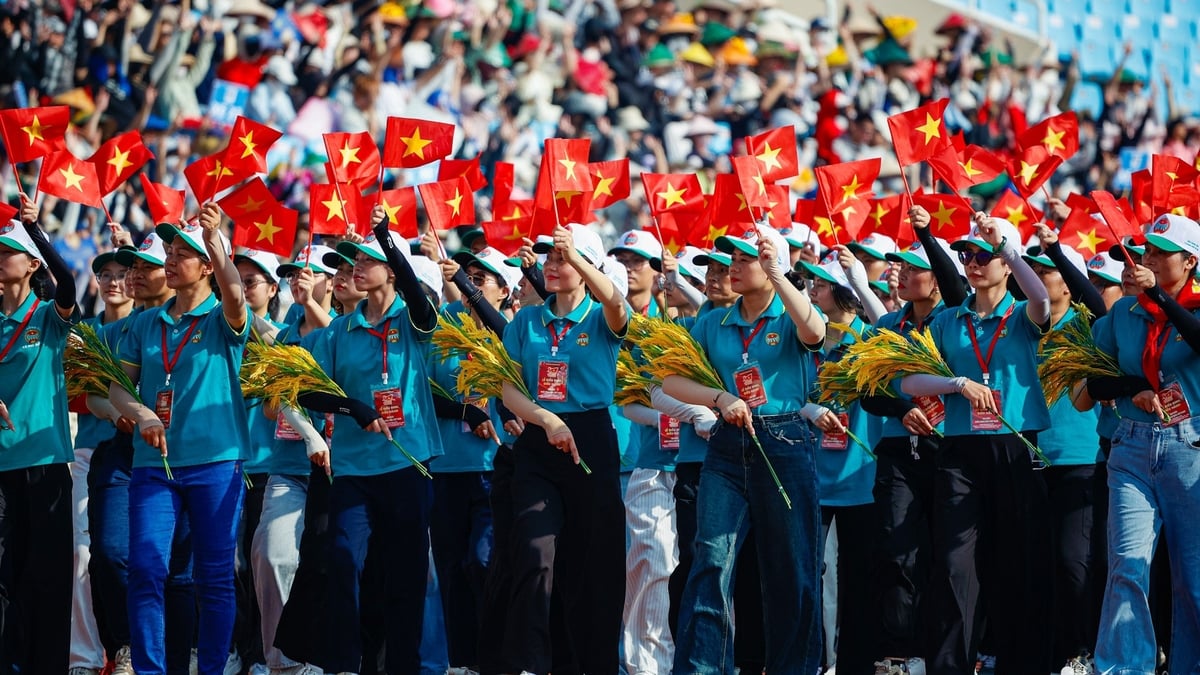

![[Photo] Politburo works with the Standing Committee of Da Nang City Party Committee and Quang Ninh Provincial Party Committee](https://vphoto.vietnam.vn/thumb/1200x675/vietnam/resource/IMAGE/2025/8/19/b1678391898c4d32a05132bec02dd6e1)
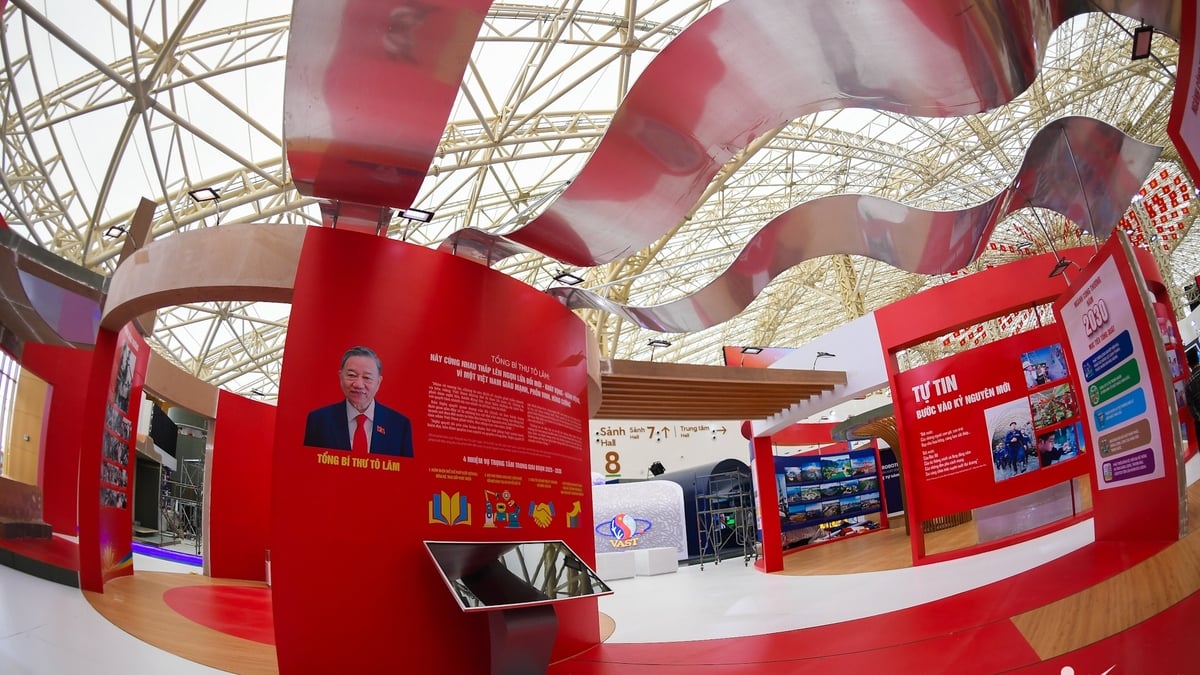

![[Photo] General Secretary To Lam attends the 80th Anniversary of the Government's Founding](https://vphoto.vietnam.vn/thumb/1200x675/vietnam/resource/IMAGE/2025/8/20/3375b78559fa4d558776197d684b8356)






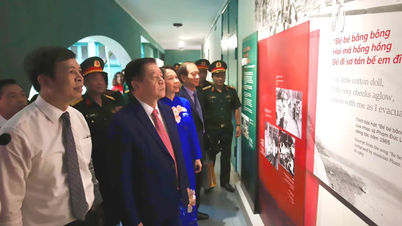







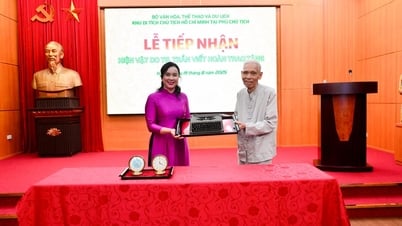



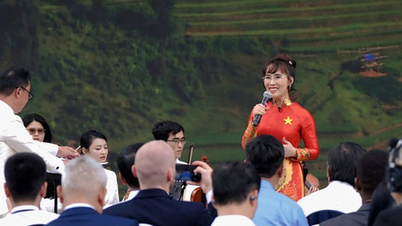

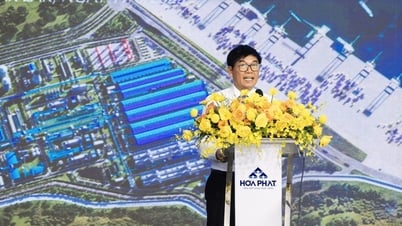

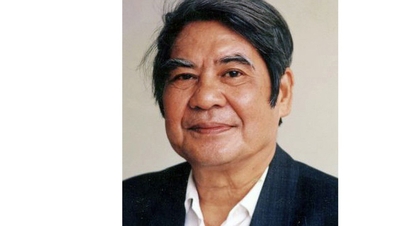



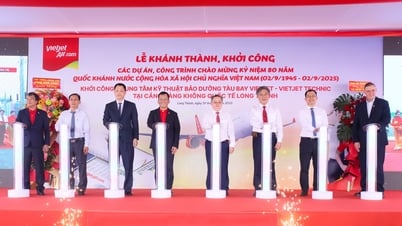
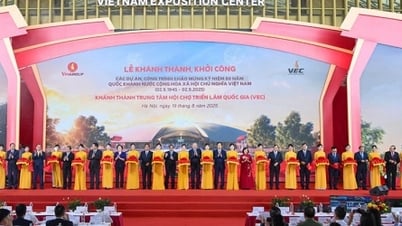
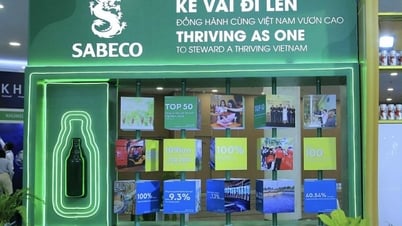
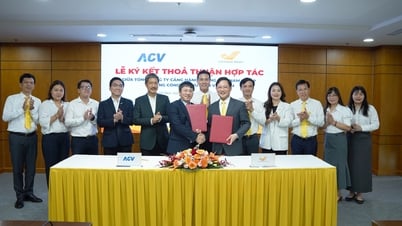


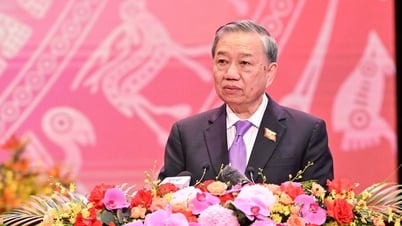




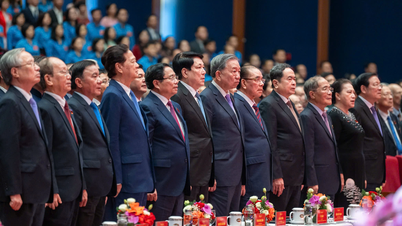






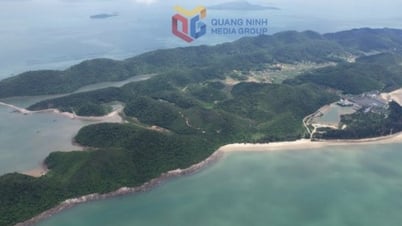
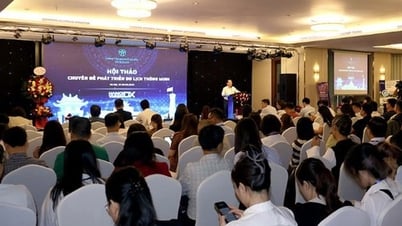
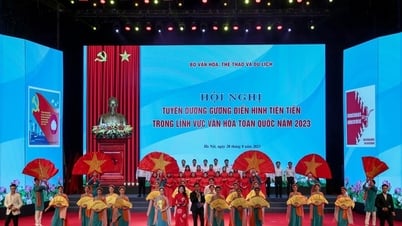















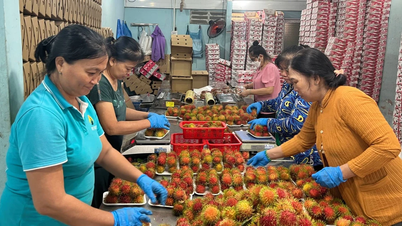






Comment (0)